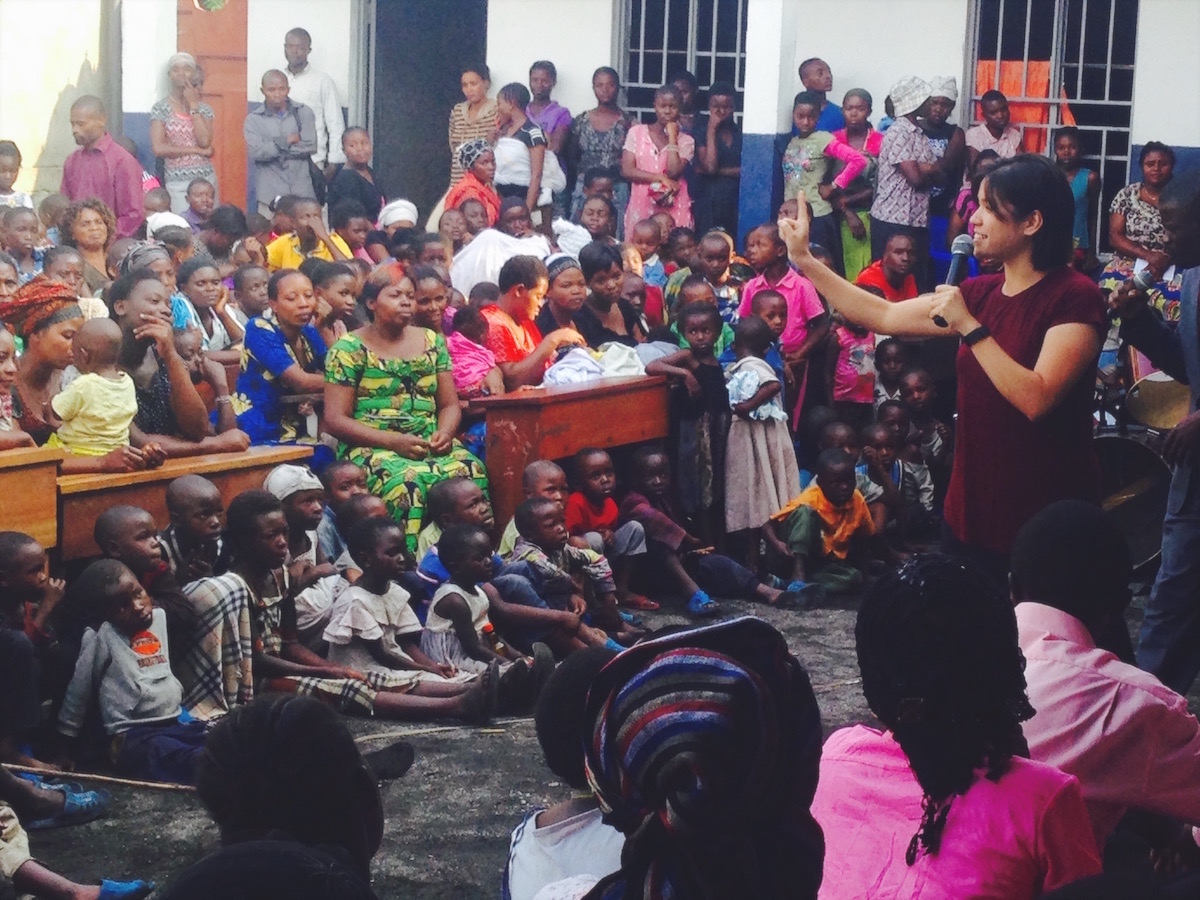Sleeping in mud huts on hard-packed earth. Rats crawling all over you. Making fires every night because there is no electricity to speak of. Pulling worms out from the feet of children. Running for your life from rebel armies.
These are experiences that will make good stories for the grandchildren, I always think. But as of now I’ve only just turned 30, with a long way to go till then.
At 23, I finally answered God’s call to “go places with Him”. I didn’t know how or where, but I packed my bags, signed up to train with international missions organisation Youth With a Mission (YWAM), and left my family, first class honours and first-world living behind.
My beginning years in the mission field were spent in Sri Lanka and Bangladesh, after which I served with Iris Global in Mozambique, under Heidi Baker. It was here that I encountered one of the hardest seasons of mission work – enduring a drought. Water was so scarce that a friend of mine didn’t shower for six weeks!
From there, God moved me to the Democratic Republic of Congo, where I have been working for the past five years with Justice Rising, a missionary organisation serving war-affected countries including Syria and Iraq.
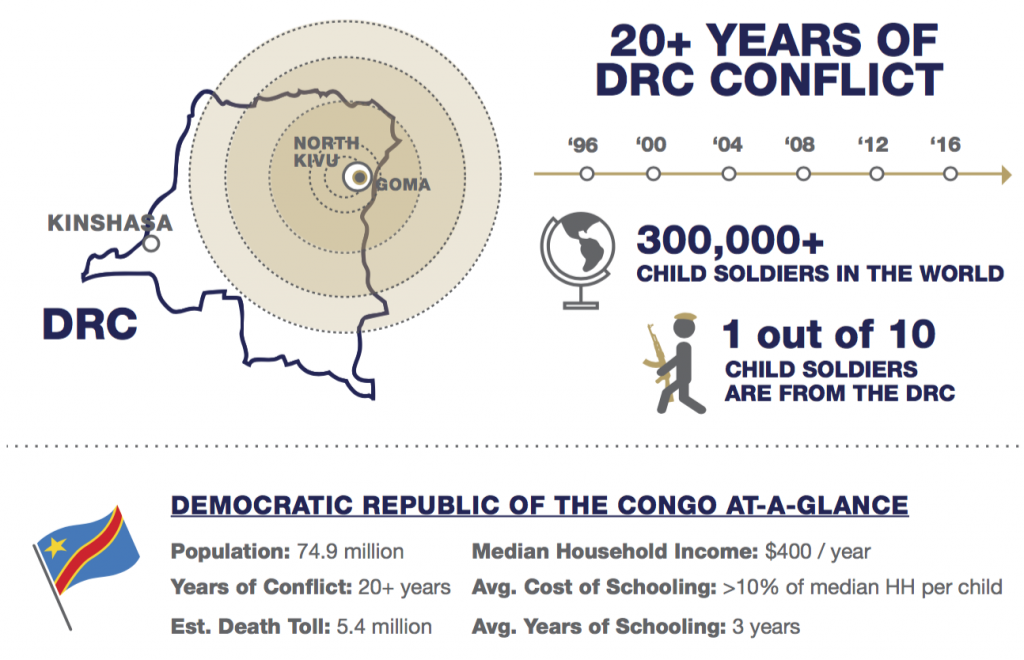
A quick search on Google will show you how many times the Congo has been officially renamed, which is telling of the number of hands it has passed through over the decades of its troubled history. The amount of bloodshed and brutality in the land is an even darker story.
Mostly unknown to the rest of the world outside of Africa, the war in the Congo has been one of the worst since World War II, spanning more than 20 years with a death toll of almost six million and many, many more displaced. The United Nation’s largest peacekeeping base is there, officials naming it “the rape capital of the world“.
Much of the work at Justice Rising stems from a God-given directive that if we wanted to get to the people of the war-torn republic, we needed to start building schools in the poorest and most broken communities.
It is through the many kinds of schools we’ve set up – schools for all ages, vocational schools – that we get to dig deep into communities in hope of sustainable change. These schools target people in different age groups and contexts to help make them viable for life.
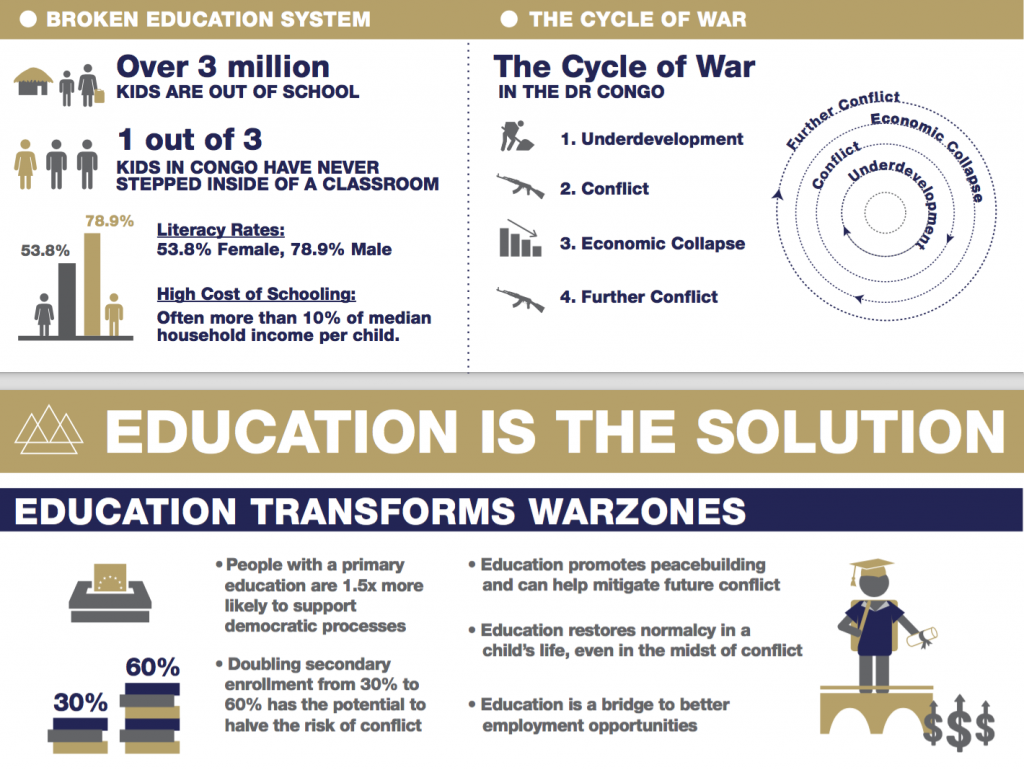
With our sewing schools, many women no longer have to prostitute themselves to soldiers just so they can feed their children. With our primary and secondary schools, we can offer children a future apart from killing or slavery. A school in a broken community can stop many young boys from becoming child soldiers; it can keep many young girls from being sold as child brides or slaves.
In my few years here, I have witnessed the rehabilitation of child-soldiers and trauma work with rape victims and refugees. And such social ills are just one of the many faces of mission work in Africa’s “heart of darkness“.
Last year, I contracted both malaria and typhoid at the same time. It was the weakest I’d ever been, and I was suffering away from home. Still, there was so much grace, my local families treated me with such love and care.
In times like this it is obvious that I’m no expert on the different fields I serve, most times I feel like a clueless child. I’m dependent on the locals to guide me, interpret for me, shelter me – dependent on God to instruct me, to heal broken lives through me.
Like a little child, I potter to the marketplaces, point to different vegetables and ask the mamas – their version of our aunties – in stilted Swahili: “What is this called?”
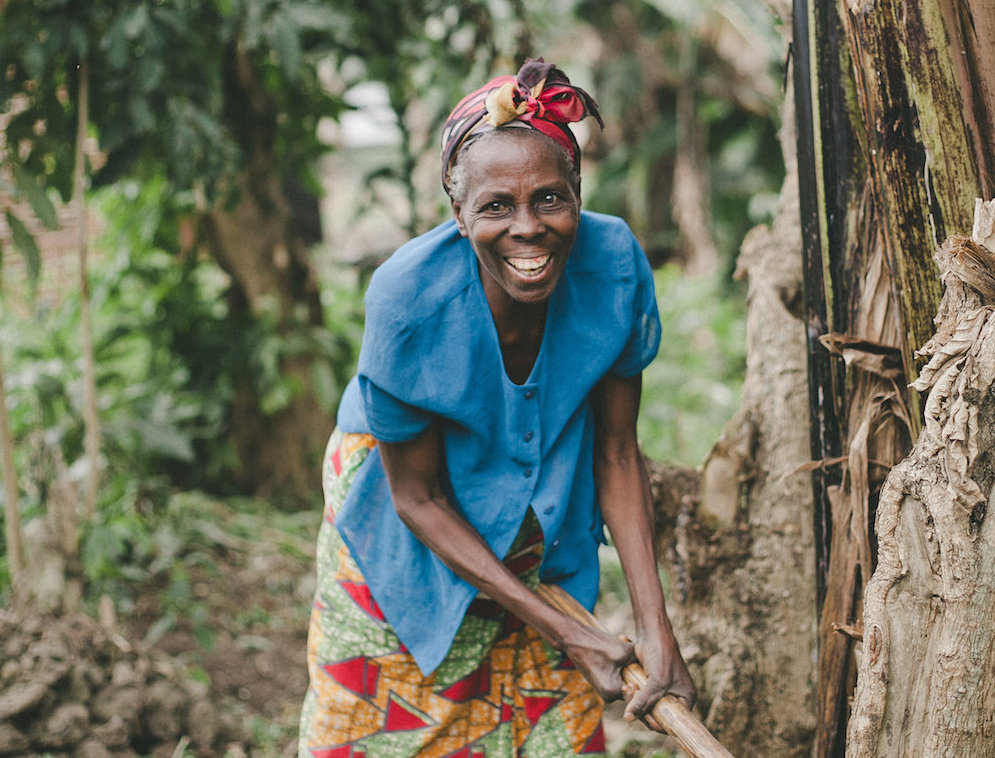
Honestly, transiting from Singapore to India, then across different African nations was not as difficult as people might think. Transition is easy when we enter the foreign field as a child, acquainted with our limitations and ready to learn. It endears us to the locals and empowers them to rise up. It takes away the pressure to have it all together.
I must say, transiting into the field is arguably easier than transiting out of the field and into first-world settings! I’ve learnt that when I exit a war zone, it’s so important that I have some time off with God to process my thoughts and emotions before I continue ministering in another country.
Sometimes, it even requires some trauma-counselling to process all the hardships we see, hear and experience.
No one can choose where they’re born, whether it’s in a first-world nation or a war zone – but we are our brother’s keeper.
I remember the very first time I exited the Congolese war zones to take a break. For the first time in a long while, I lay down on a comfortable mattress, had a hot shower with running water, a toilet that flushed, electricity … And I wept.
I was no different from my people in the Congo; who was I that I could leave the scene any time I wished – while they spent their entire lives amidst destruction and unrest?
I wrestled and came to the conclusion that no one can choose where they’re born, whether it’s in a first-world nation or a war zone. But we are our brother’s keeper; and “to whom much is given, much is required” (Luke 12:48).
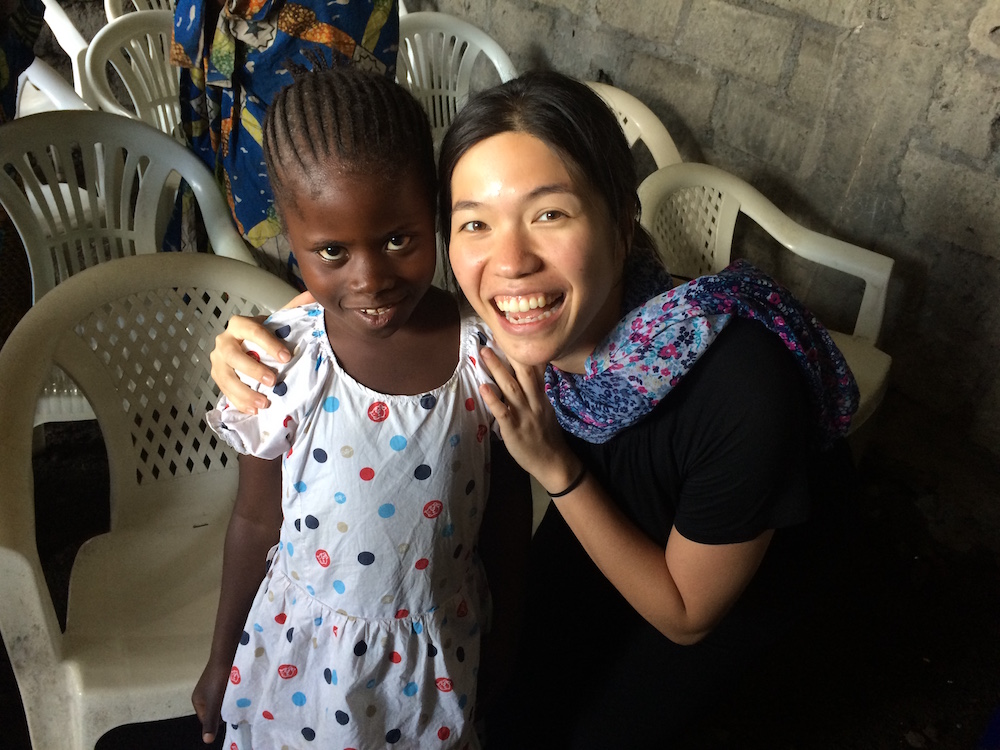
There are many challenges we face on the field, both physical and psychological – droughts, bullets, threats of rape, kidnappings … But the greatest challenge for me is to truly see the suffering of the people God leads me to. To embrace their brokenness, identify with their suffering, and treat them with the love of the Father.
Many times we are tempted to gloss over the appalling reality of their struggles, not because we’re apathetic, but because the enormity of what they face can make us feel so small, inadequate and overwhelmed.
While I must always be careful not to take on false responsibility, daring to see the depths of brokenness and allowing God to break my heart for what breaks His has enabled me time and time again to draw on His plans and resources for the people He loves.
Sounds abstract, but let me illustrate this for you.
Two years ago, I started a housing initiative in Kenya for a starving family with six children. It all started with me sitting in their tent on a visit, aghast as the father sadly recounted how they had witnessed two of their children die as they fled for their lives.
They were living in a refugee tent that was caving in, and I was greatly moved in my spirit to help them, although I also remember thinking, “Building a house is quite an undertaking!”
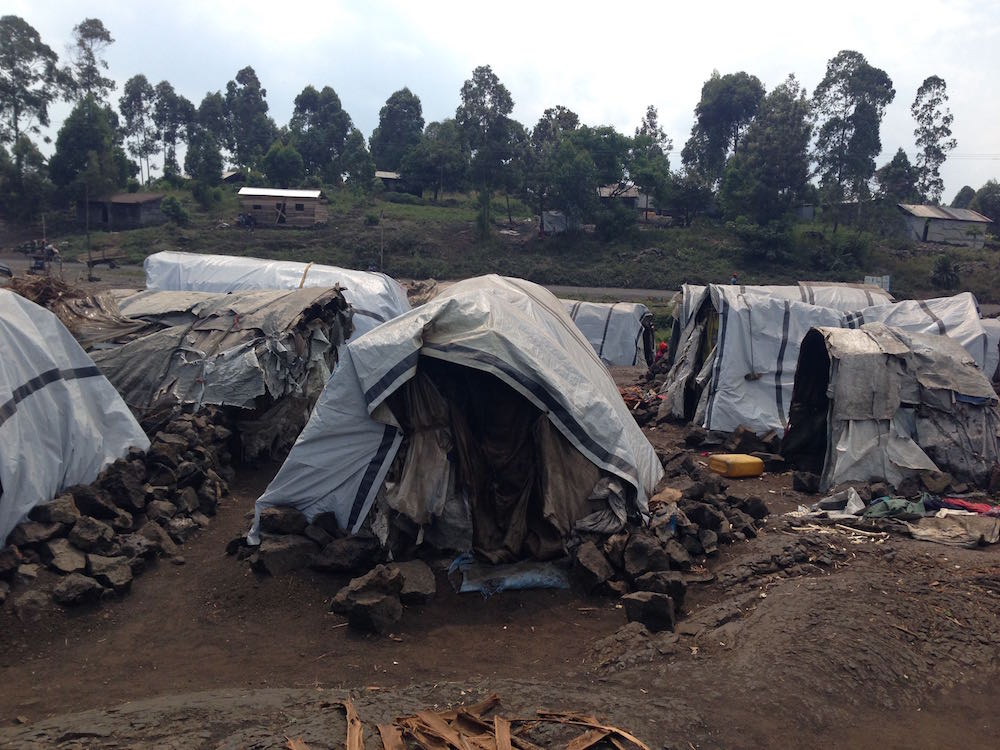
When I left their tent, I found myself scratching my legs with increasing intensity. To my horror, I looked down to see that I’d been bitten all over by fleas while sitting with the family. I had more than 100 flea bites on both legs.
It was excruciating, and for the next few days I couldn’t sleep – painfully falling asleep but waking up soon after, scratching furiously. One night, in my frustration, I prayed, “Jesus, I thought you were interceding for me, did You forget the fleas?”
In that moment I could almost hear Him chuckle, and one word emerged in my heart: Identification.
Then it dawned on me. I hadn’t fled for my life, lost everything I owned, hidden in jungles for days, watched people I love die in front of me, starved in refugee camps, endured squalid conditions with little hope for survival … I’d just experienced the tiniest fraction of what these people had gone through; I’d just been bitten by the same fleas this family couldn’t escape from.
That was how I ended up building my first refugee house, built from the funds I had saved. Soon after, God prompted my local pastor and I to budget a simple house-build prototype that cost USD$1,000. He then sent individuals, families and intercessors our way, some sowing into the building of one house, others, five houses, and more.
To date, this housing initiative has seen the construction of more than 100 houses. That’s shelter provided for hundreds of lives.
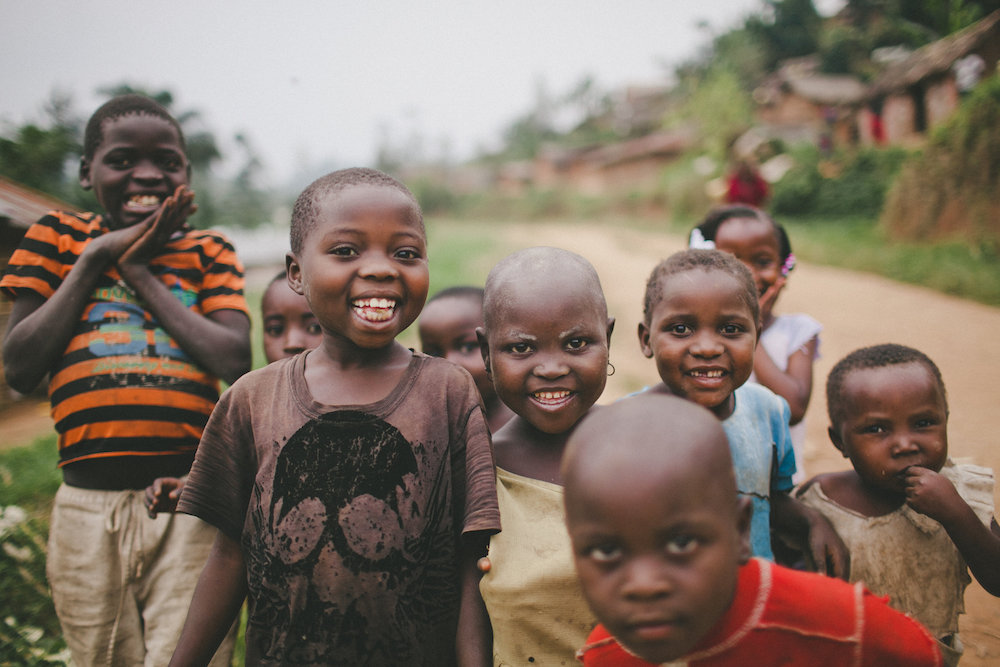
Every bit of the work I’ve done as a missionary is purely God’s doing. I feel so small and incredulous in the midst of it; more and more convinced that God just needs us to have willing hearts and to dare to share in the suffering of our brothers and sisters in the faith.
I may not always have the resources or solutions on hand, but He does, and truly seeing His people as He sees them has helped me connect with them at a deeper, more profound level. I have also been blessed with the best local men and women of peace, the real heroes that make such extensive work possible.
As missionaries, I believe we are sent to come alongside locals to serve and to bless the community. But by the power and grace of God, it will be the Congolese themselves who will change their country and bring healing to their land.
Besides her primary work in the Congo, Jemima currently oversees two slum schools in India, is helping to develop a large refugee settlement in the central Kenyan desert while working with survivors from the genocide in Rwanda, and is supporting a Burundian refugee community.
Jemima was previously working for Justice Rising, but is now working under LIAM Global.


